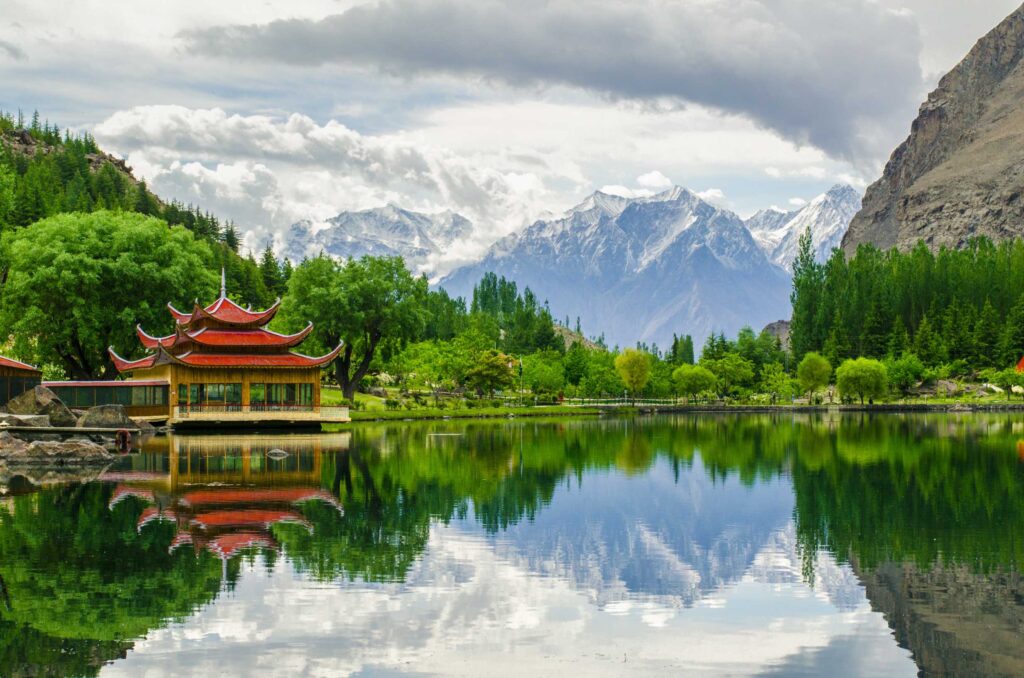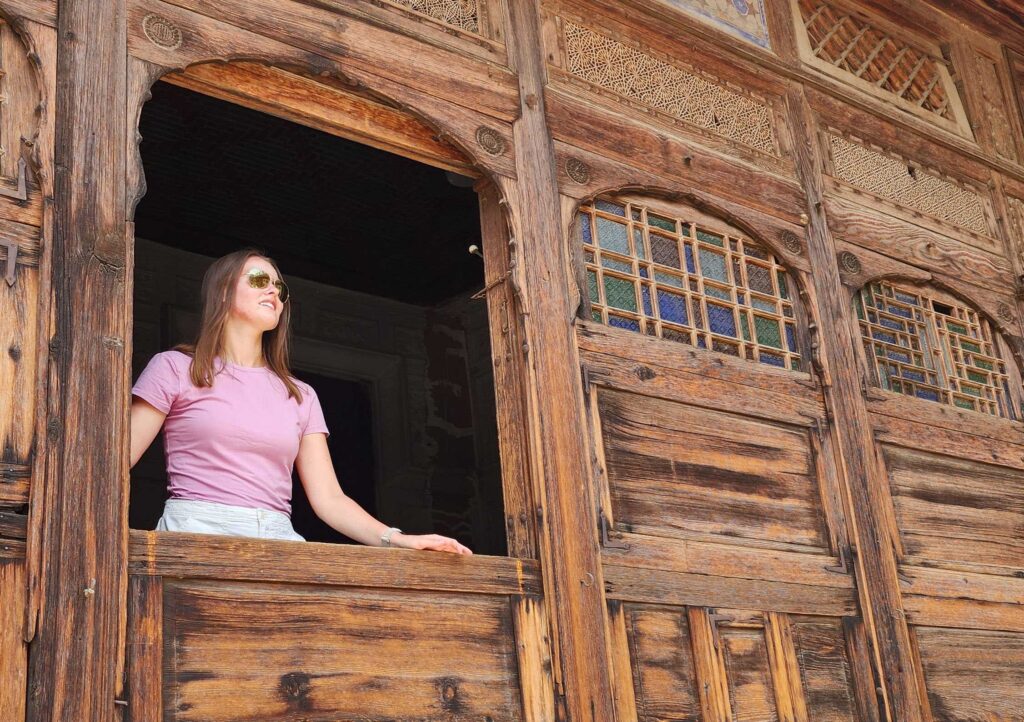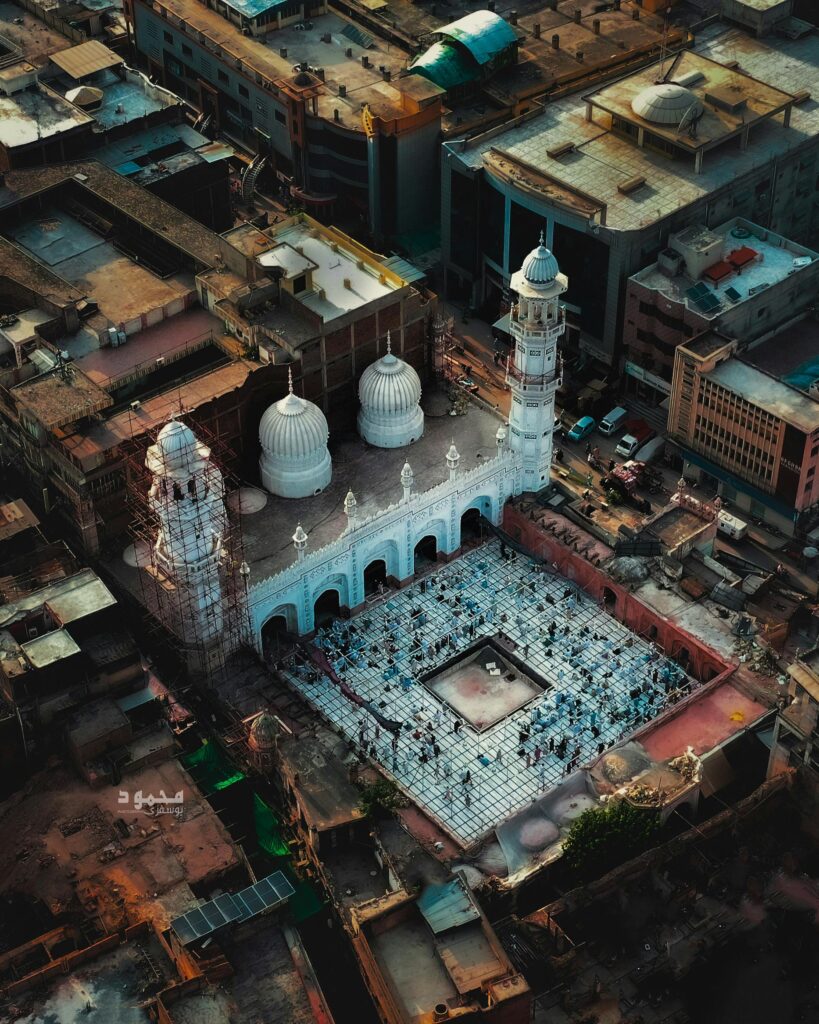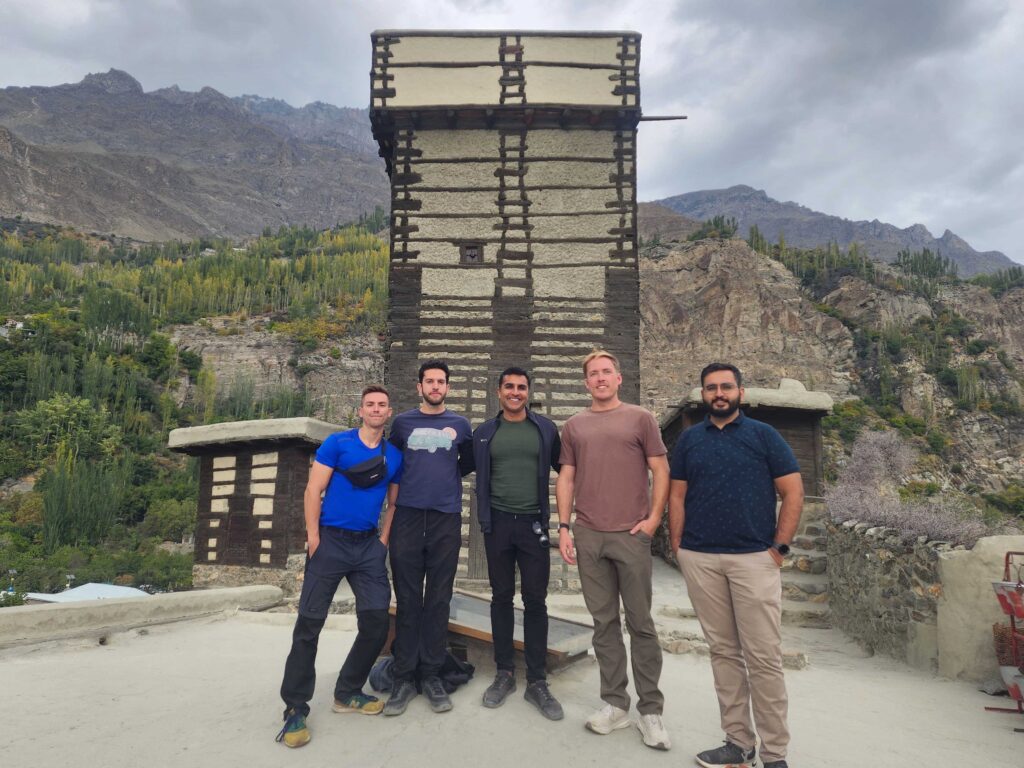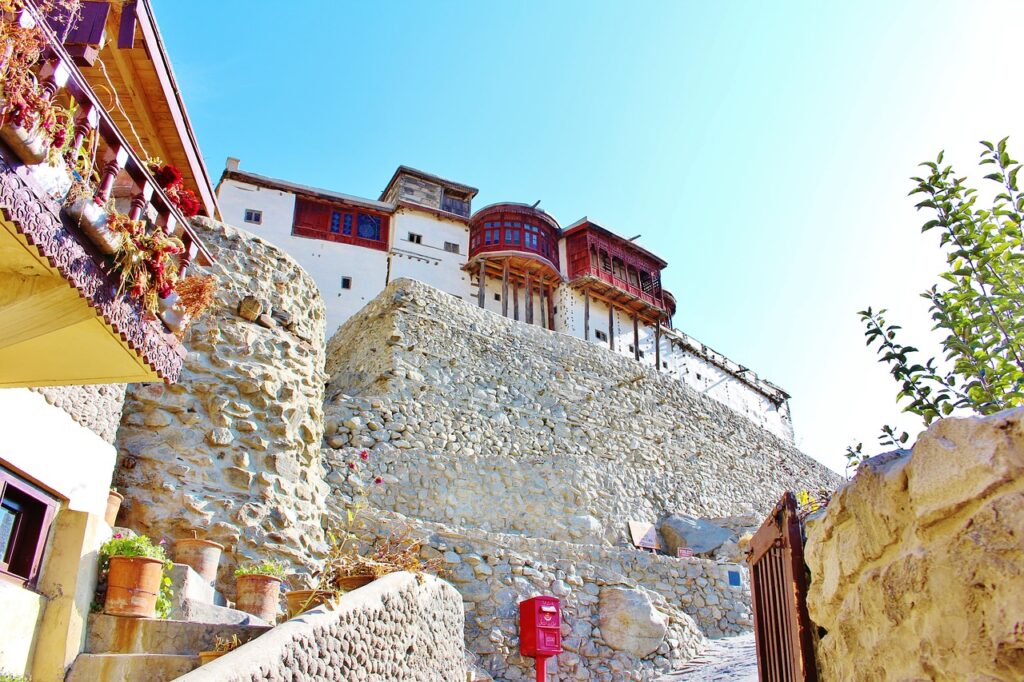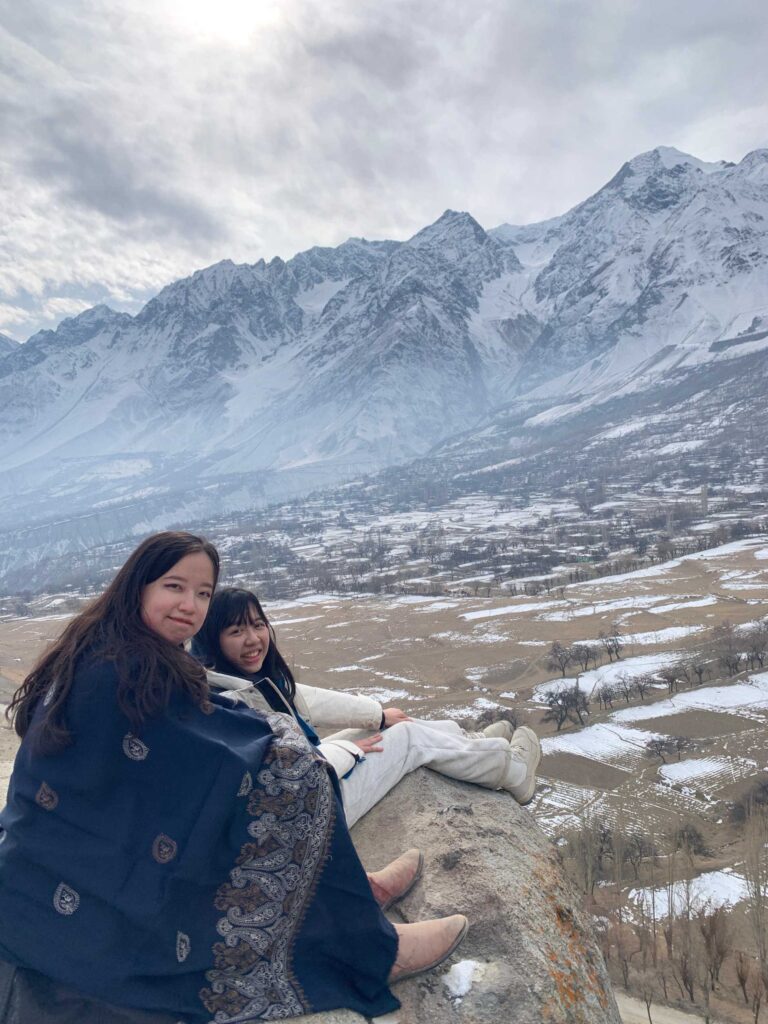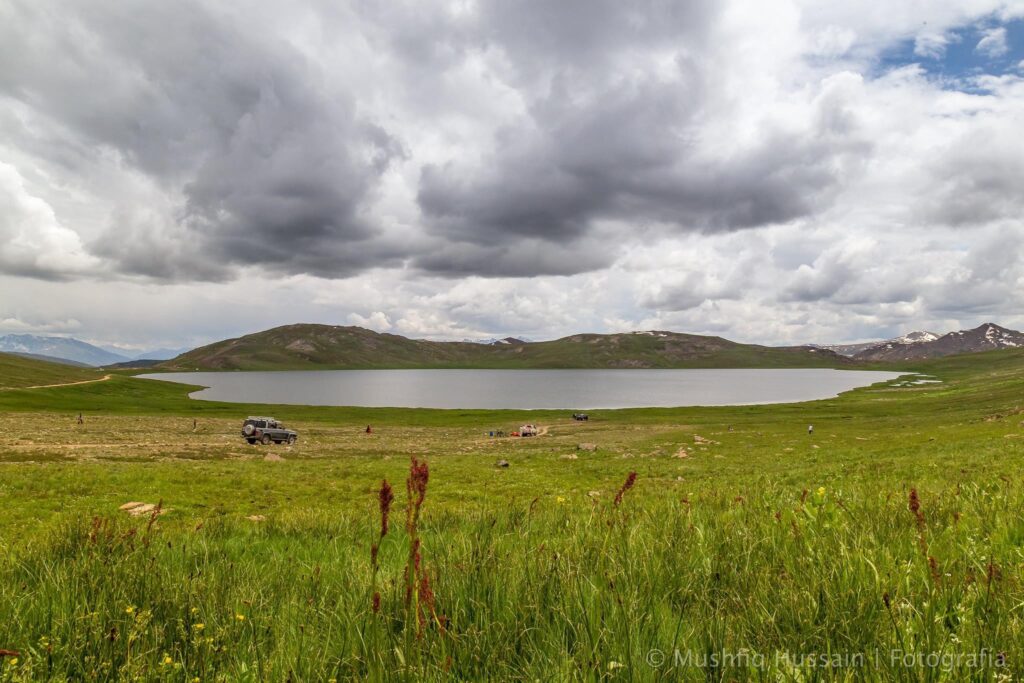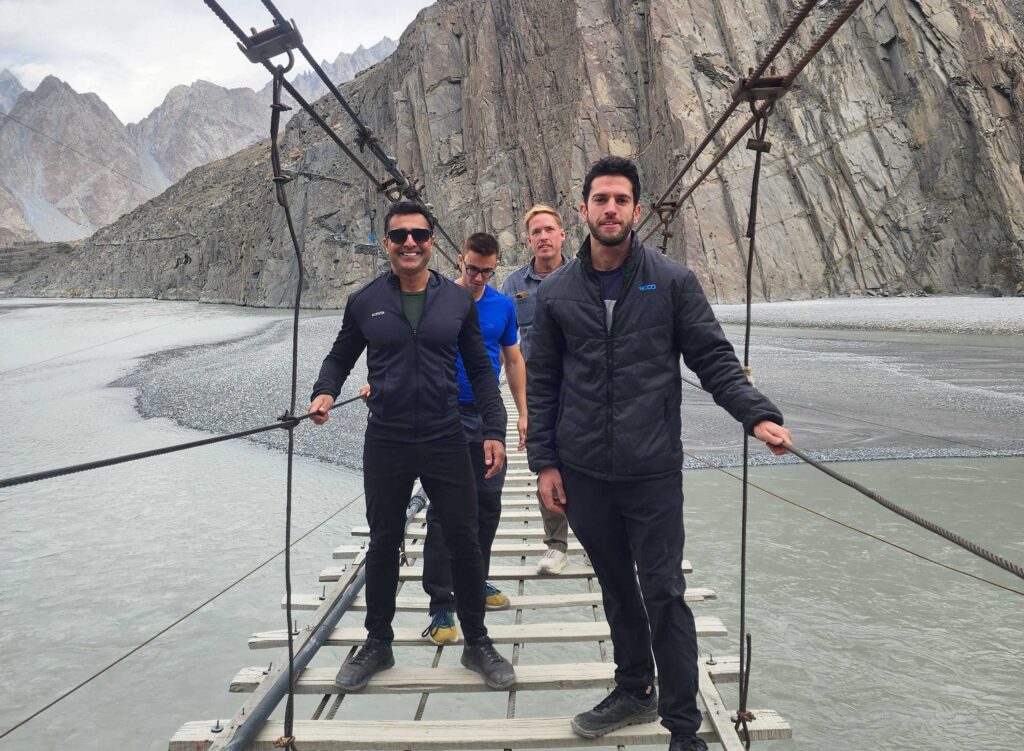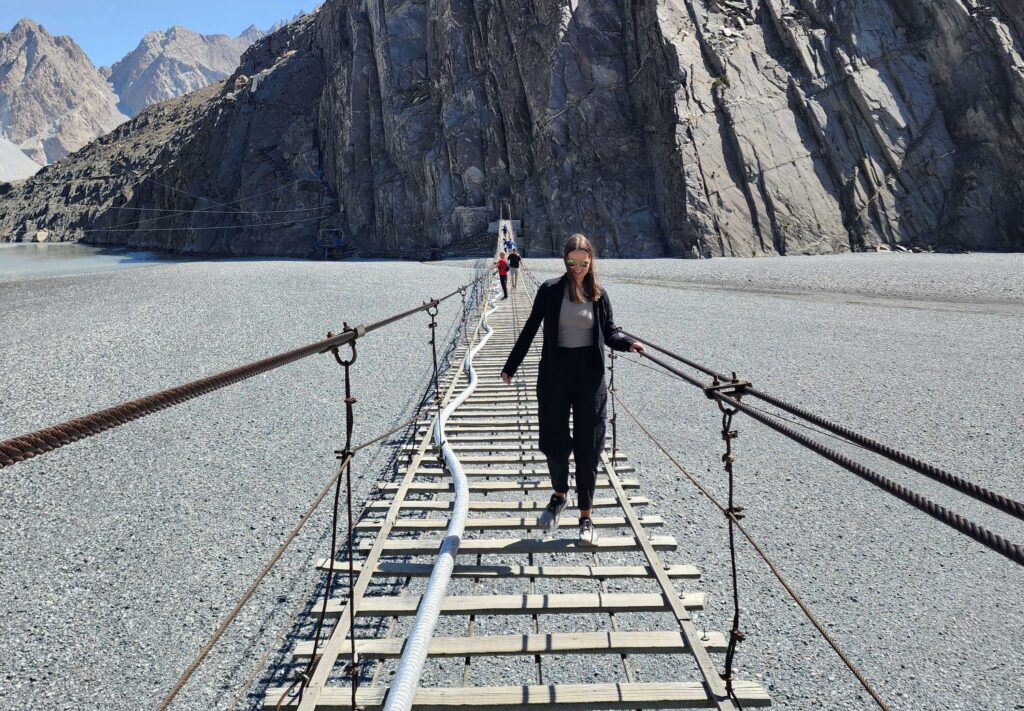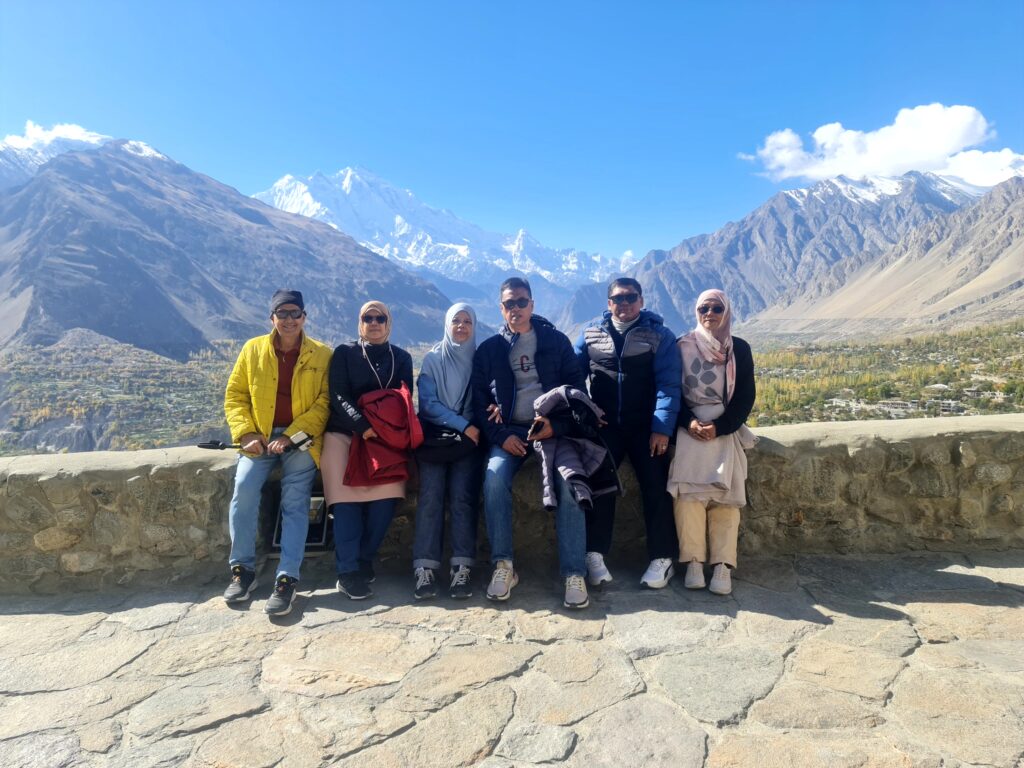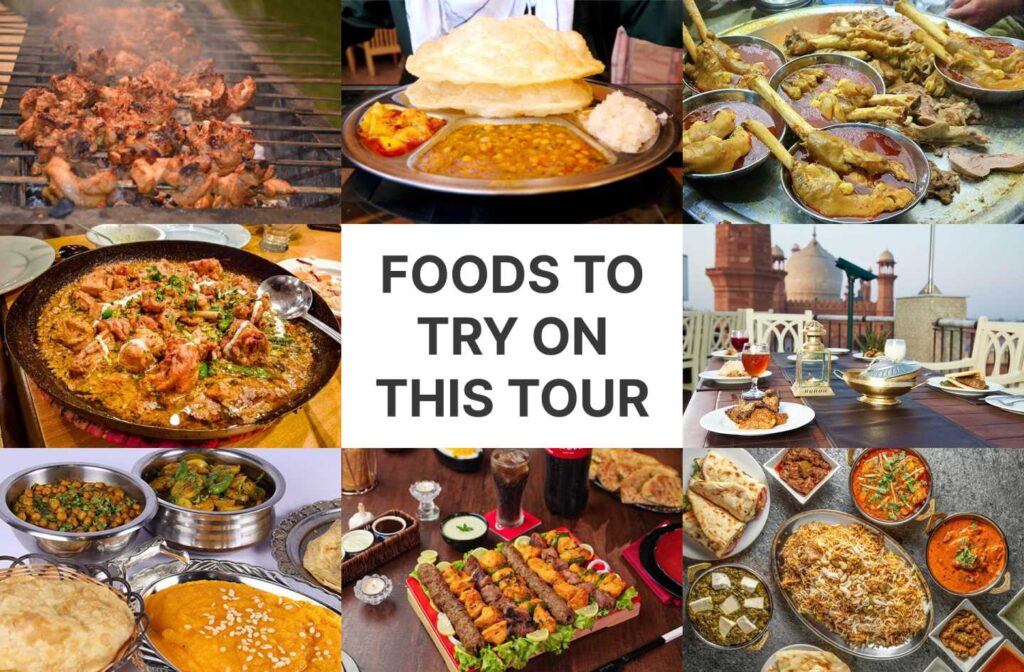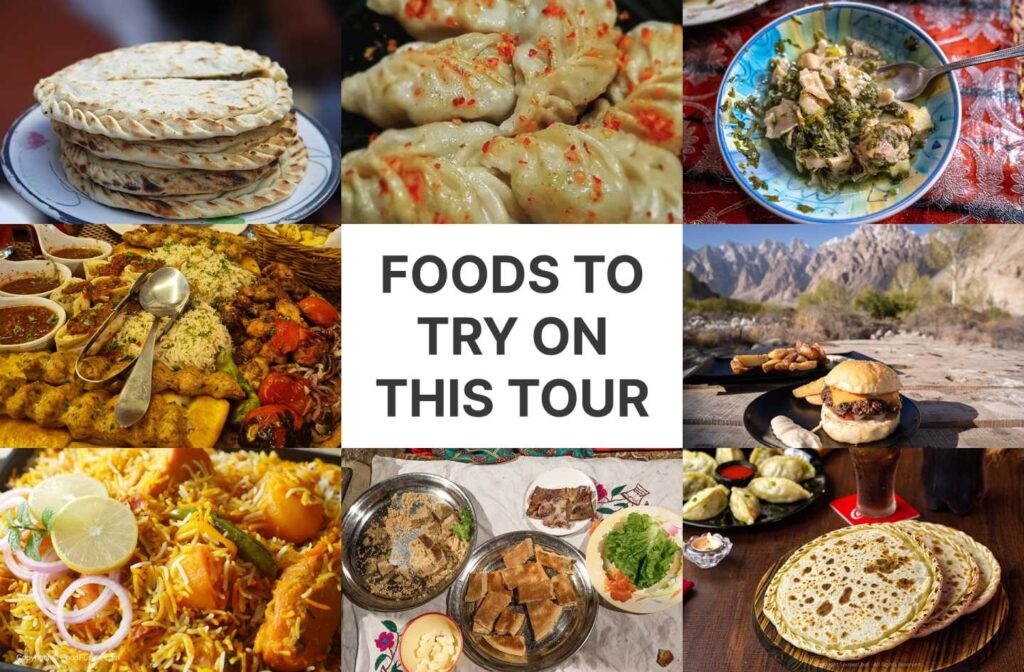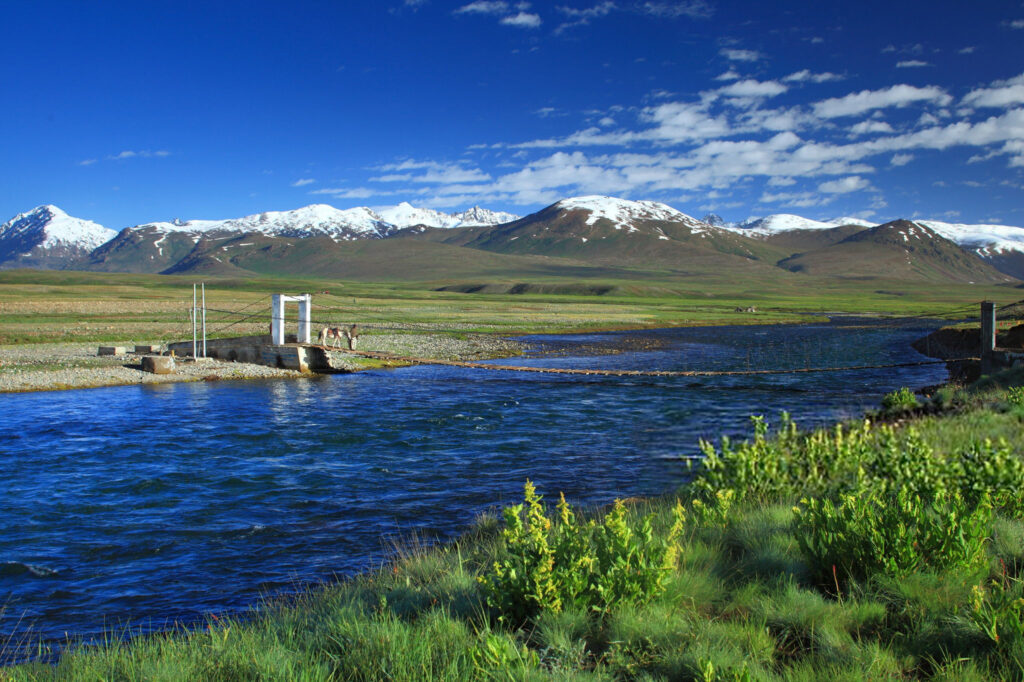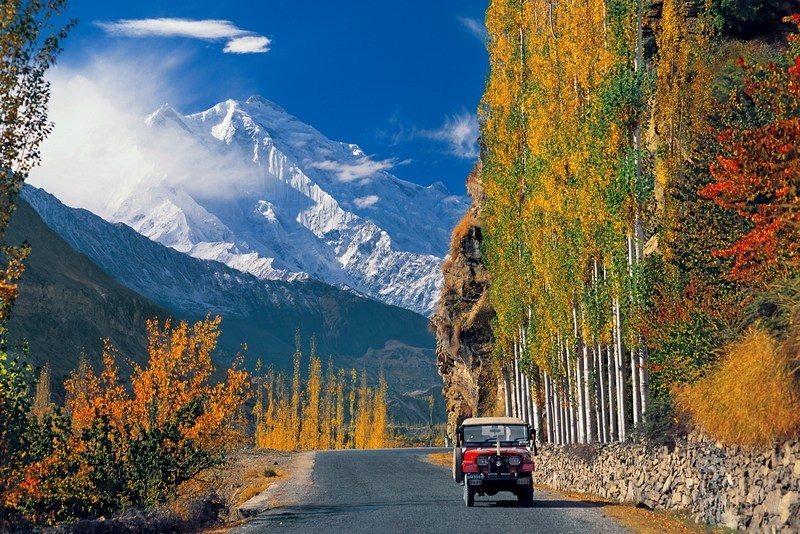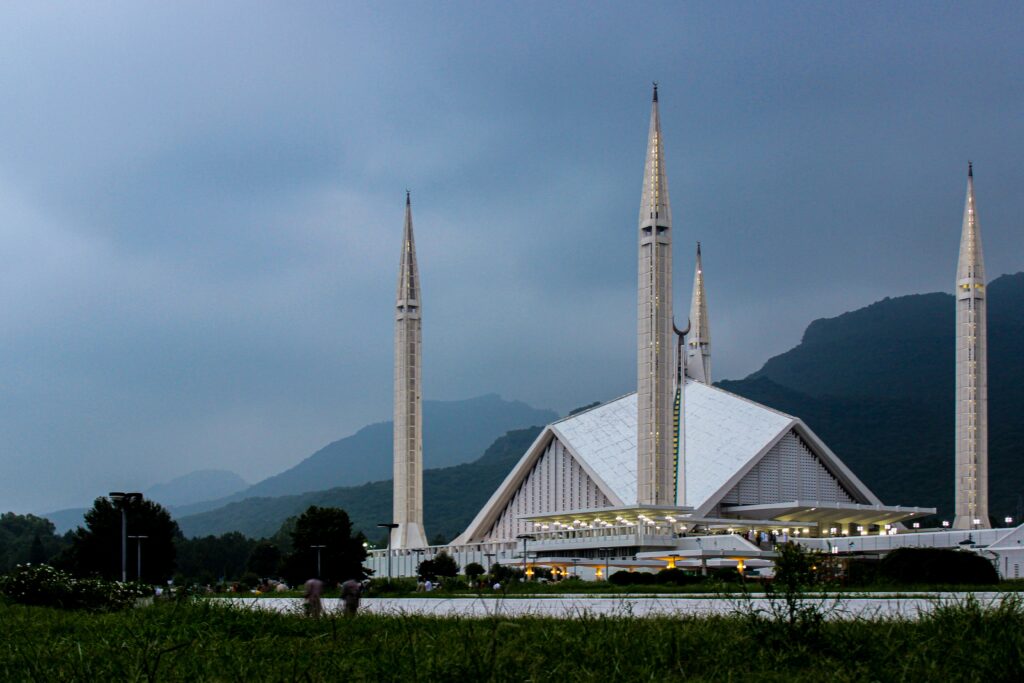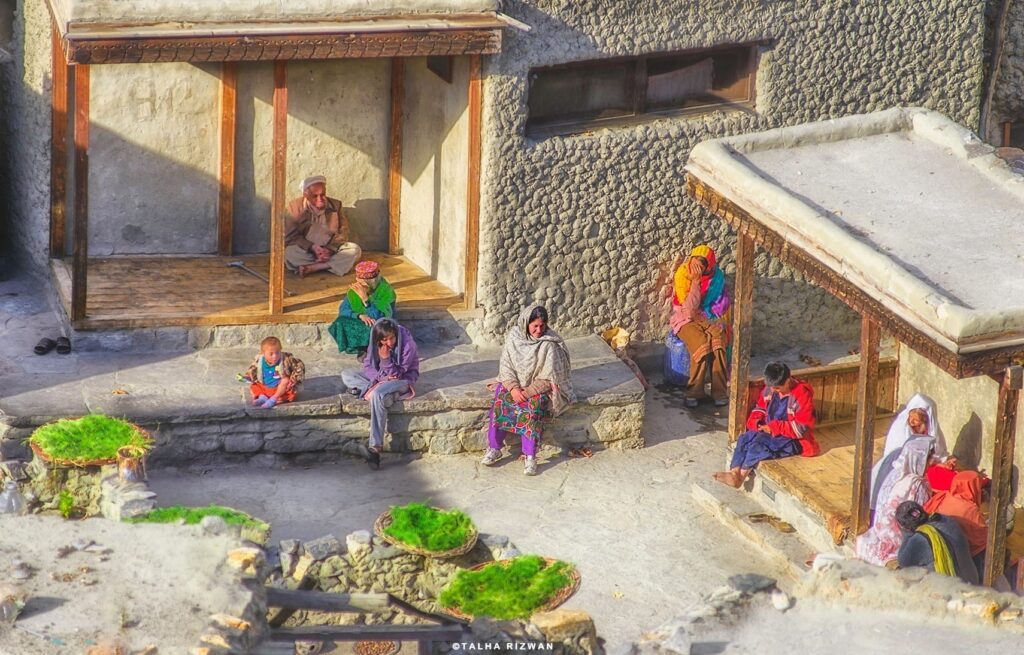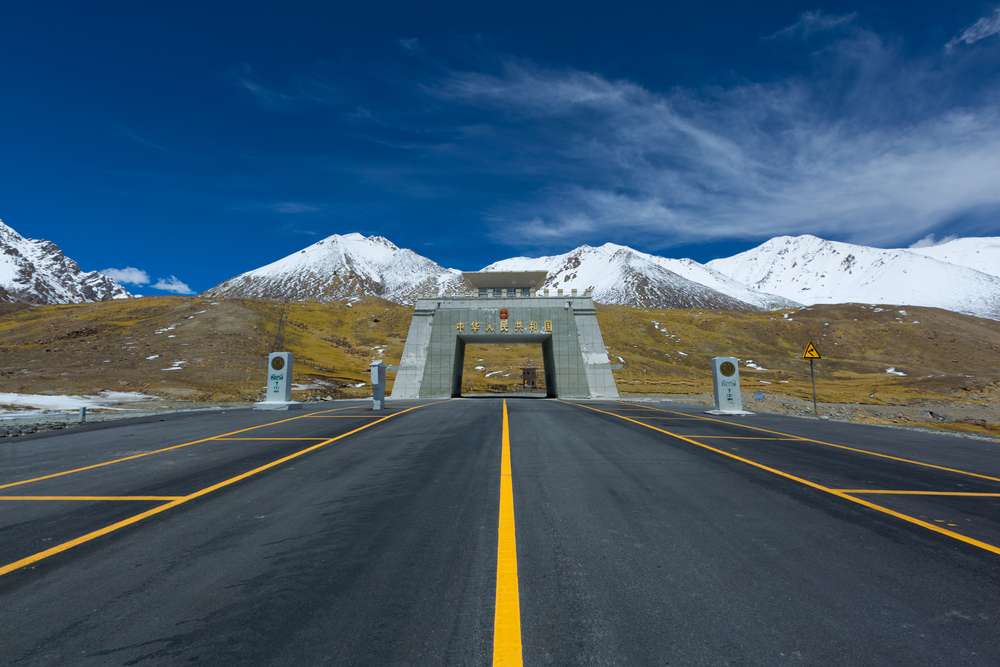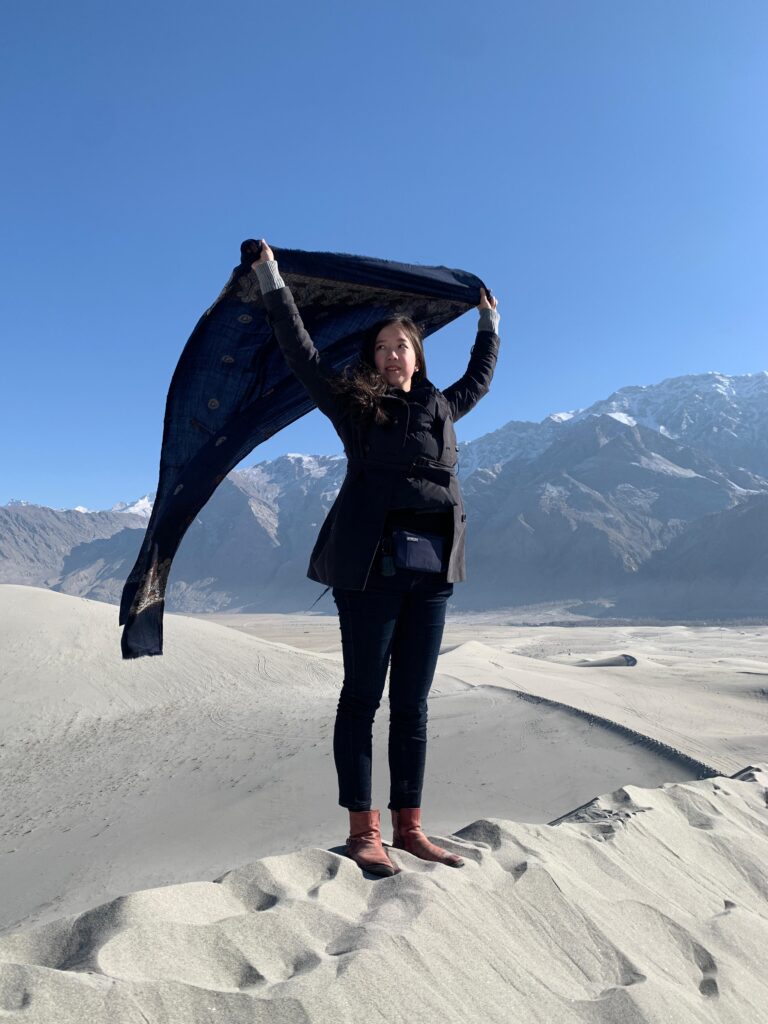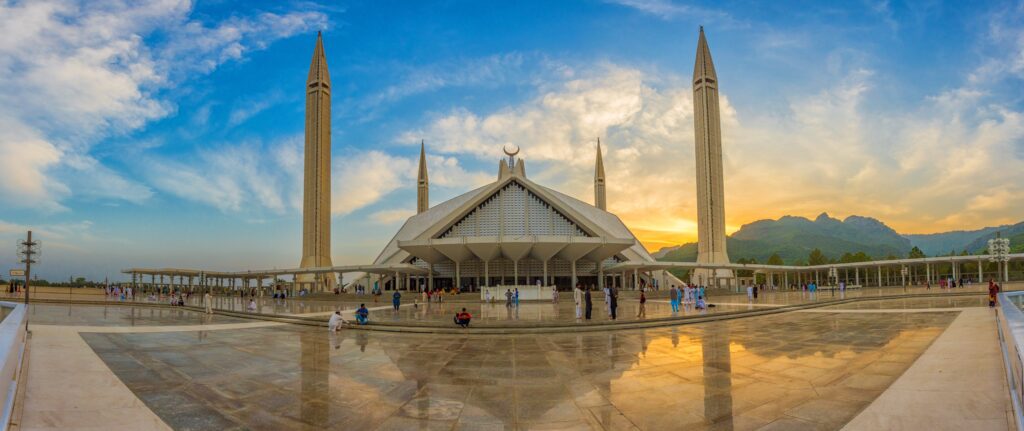11-Day Hunza, Skardu & Peshawar Tour by Road – A Comprehensive Pakistan Tour Package
This 11-day tour combines three of Northern Pakistan’s most historically and geographically significant regions: Hunza Valley, Skardu, and Peshawar. Designed for travelers who want a budget-friendly wide-ranging experience of Pakistan’s mountains, cultures, and urban heritage, the journey begins by road from Islamabad and progresses gradually into the heart of Gilgit-Baltistan. The tour offers uninterrupted exposure to the Karakoram Highway, the river valleys of Indus and Gilgit, and some of the country’s most iconic landscapes.
From the stone forts of Hunza to the alpine lakes of Skardu and the bustling bazaars of Peshawar, this overland trip includes dramatic scenery, deep history, and urban traditions. It’s suited for those who want to understand the connections between ancient trade routes, remote cultures, and living heritage in Pakistan today.
Key Highlights of this comprehensive Pakistan Tour Package
- Travel across the Karakoram Highway, one of the world’s highest paved international roads, with direct access to valleys, glaciers, and ancient settlements.
- Explore Hunza Valley, known for its historic forts, preserved traditions, and clear views of peaks like Rakaposhi, Ultar Sar, and the Passu Cones.
- Visit restored sites like Baltit Fort and Altit Fort, offering a glimpse into the architecture and strategic placement of mountain communities.
- Walk along Attabad Lake, a naturally formed body of water resulting from a 2010 landslide, now a major attraction in Upper Hunza.
- Drive through Shigar Valley, Kachura, and Sheosar Lake in Skardu, each with unique geological and cultural identities.
- Experience cold desert landscapes, alpine meadows, and the changing elevations of Baltistan region.
- Conclude with a visit to Peshawar, one of the oldest cities in South Asia, with its historic streets, markets, and museums preserving centuries of trade, migration, and conflict.
Connecting the Mountain Valleys
The tour connects Hunza and Skardu—two major valleys of Gilgit-Baltistan—via a road that runs through the town of Gilgit and alongside the Indus River known as JSR (Juglot-Skardu road). Each valley has distinct geography and traditions: Hunza is known for its stone-built villages and Ismaili heritage, while Skardu is characterized by its wide valleys, Tibetan-style architecture, and Shia Muslim cultural practices.
Driving between these areas offers a close look at river-fed agriculture, glacial systems, and the daily lives of people living in high-altitude settlements. The roads to Manthoka Waterfall and Shigar, in particular, pass through traditional villages with views of sand dunes, rock formations, and fast-moving rivers.
The tour’s progression by road creates a layered experience—each region introducing different landscapes, dialects, food styles, and historical structures. It’s a journey that reflects how communities evolved separately yet remained connected through trade and pilgrimage routes over centuries.
Cultural Depth and Regional Variation
Hunza and Skardu, while close on the map, differ significantly in history and culture. Hunza’s settlements often feature royal forts, wood-carved mosques, and Buddhist-era carvings, pointing to its mixed religious and trading past. The Burusho people, native to the area, speak a unique language and maintain centuries-old traditions.
In Skardu and its surroundings, cultural markers include mausoleums, old fortresses, and valley-specific dialects. The Balti people trace roots to Tibet and Central Asia, reflected in their language and architecture. Shigar and Khaplu Forts are examples of traditional Balti design with some conservation efforts in place.
These contrasts give travelers the opportunity to compare two distinct regional identities within the same mountainous province. Local interactions, food preferences, building styles, and even farming methods shift noticeably between the two regions.
Peshawar – History in Motion
The final leg of the journey takes you westward to Peshawar, a city that has witnessed invasions, trade, and cultural movements for over 2,000 years. Positioned near the Khyber Pass, Peshawar served as a major center during the Gandhara period, and later as a stronghold under Mughal, Sikh, and British rule.
Today, Peshawar retains much of its historical architecture and street layout. Travelers can walk through Qissa Khwani Bazaar, known for its tea houses and story-telling history, and visit Mohabbat Khan Mosque, built during the 17th century. The Peshawar Museum holds one of the largest collections of Gandhara art, making it a valuable stop for those interested in Buddhist history and archaeology.
The city’s blend of Pashtun hospitality, rich cuisine, and surviving colonial buildings contrasts with the mountain towns of Hunza and Skardu, offering a grounded ending to the northern journey.
Travel Experience
The 11-day road tour allows travelers to observe Pakistan’s diverse geography and infrastructure in real time. Road conditions vary from smooth highways to mountain tracks, and elevation shifts can be felt gradually—helpful for adjusting to high altitudes. Stopovers in key towns like Gilgit, Jaglot, or Chilas allow for rest and observation of smaller communities often missed in faster itineraries.
The transport typically involves 4×4 or high-clearance vehicles for road trip between Skardu and Deosai. Lodging ranges from family-run guesthouses to restored heritage sites, with local food options available at every stop.
What makes this tour distinct is the absence of rushed travel. Ample time is available in each region for walking, observation, and rest, making the journey suitable for all age groups and travel styles.
Perfect For…
- Travelers interested in Budget-friendly comprehensive Pakistan Experience.
- Those who want to see both Hunza and Skardu without flying, and end the tour with a cultural city like Peshawar.
- Photographers and documentary enthusiasts interested in landscape contrast, architecture, and everyday life.
- Small groups and families looking for scenic travel with local interaction in budget.
Why This Northern Pakistan Tour Package Stands Out
- Combines three distinct regions: Hunza’s preserved mountain culture, Skardu’s remote valleys, and Peshawar’s urban history.
- Fully road-based—offers maximum exposure to terrain, rivers, and regional settlements.
- Balanced travel with natural, cultural, and historical dimensions.
- Ideal for longer trips (10+ days), especially for travelers who want more than just a single destination.
- Flexible routing and detours—depending on weather, interest, and road accessibility.
- All our tours are highly customizable and can be modified as per your specific requirements.
Want a more relaxing tour instead?
Check out this 10 Days by Air Tour Package to Hunza and Skardu, also including vibrant and historical city of Lahore and witness iconic India-Pakistan Wagha Border Ceremony.
